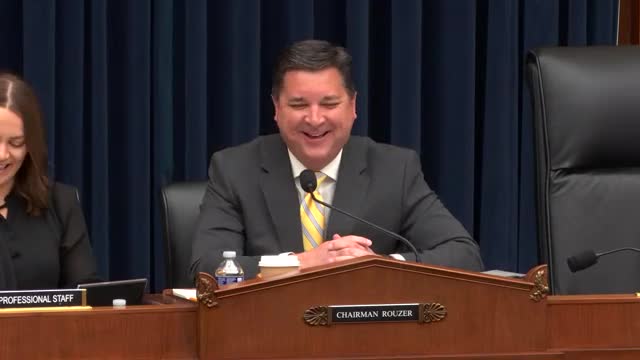Article not found
This article is no longer available. But don't worry—we've gathered other articles that discuss the same topic.
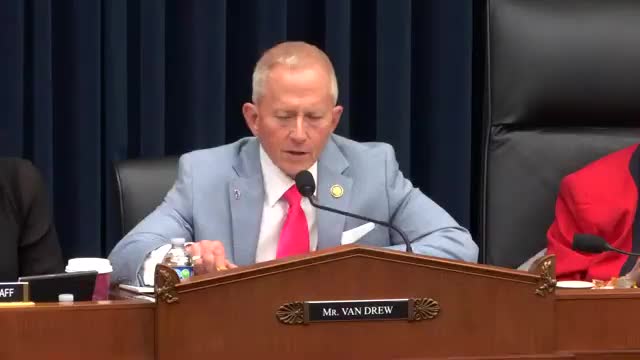
Committee questions NEPA, permitting and CIG delivery after witnesses warn delays raise costs
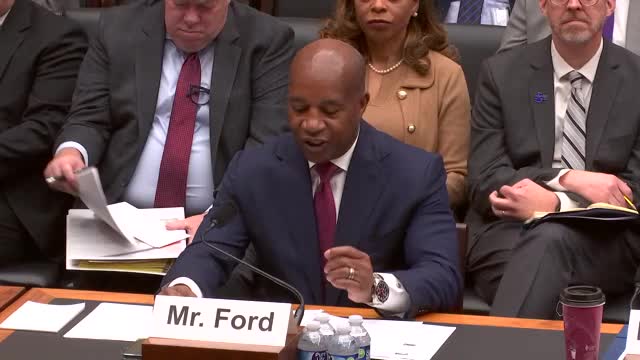
Private contractors and autonomous shuttles pitched as tools to boost efficiency and last‑mile service
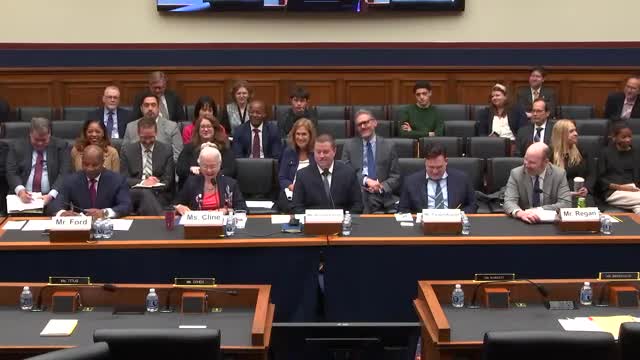
Rural transit director: small agencies hamstrung by matching rules, paperwork and staffing shortages
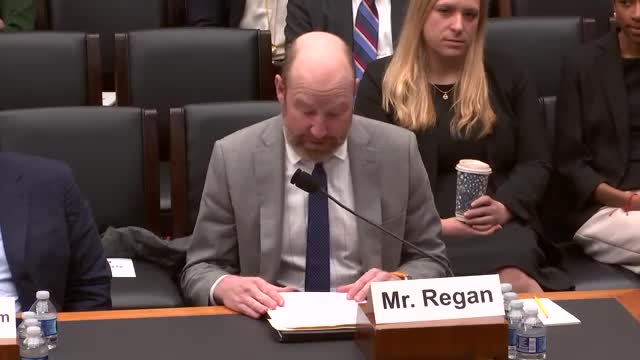
Transit unions and operators press Congress for stronger worker protections after rise in assaults
